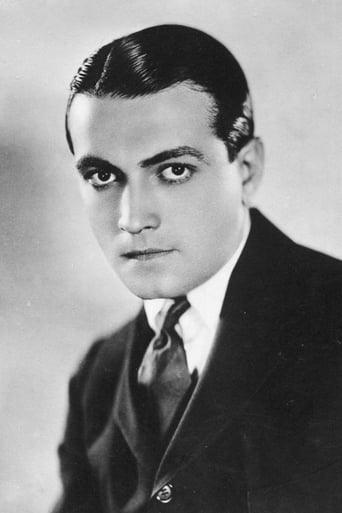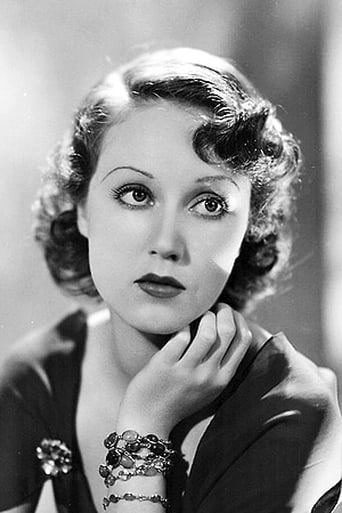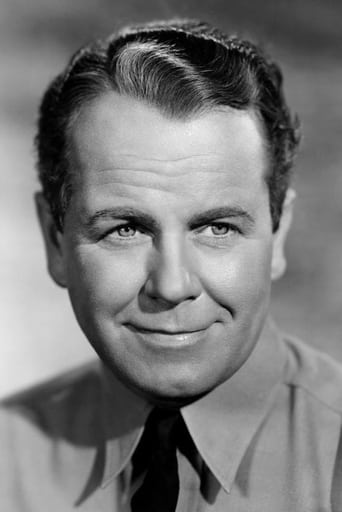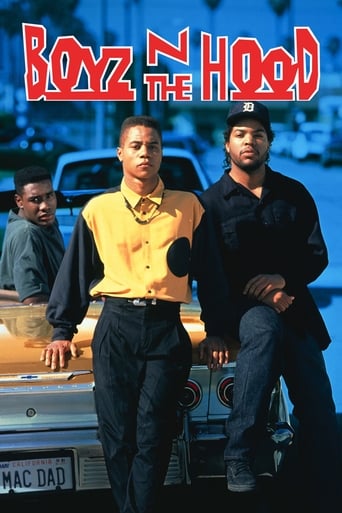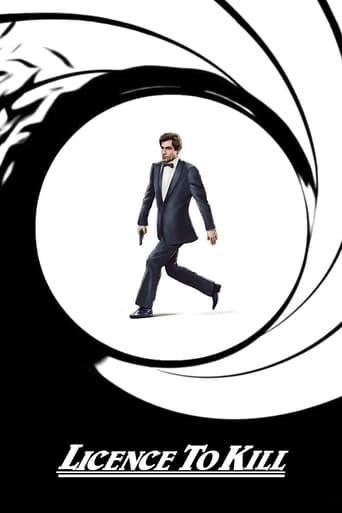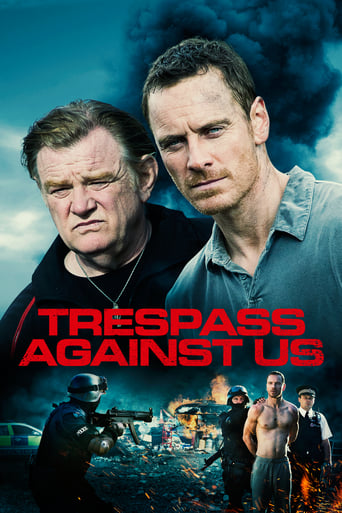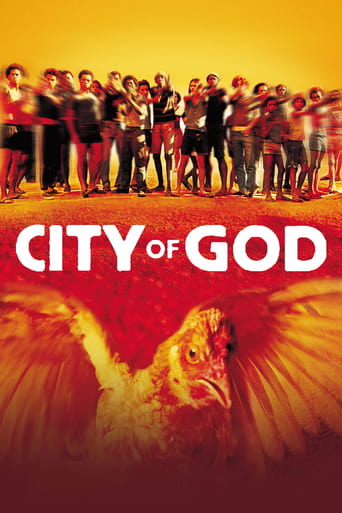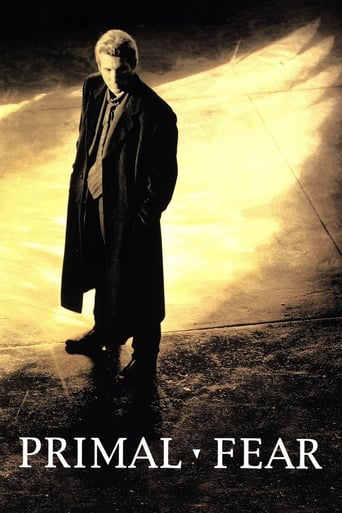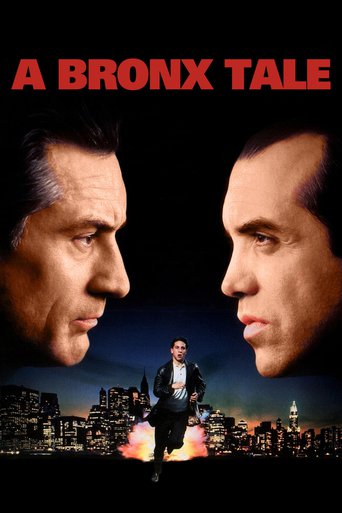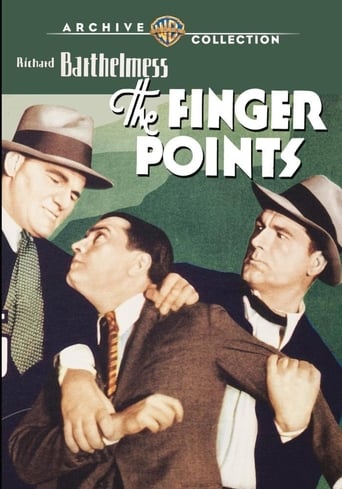
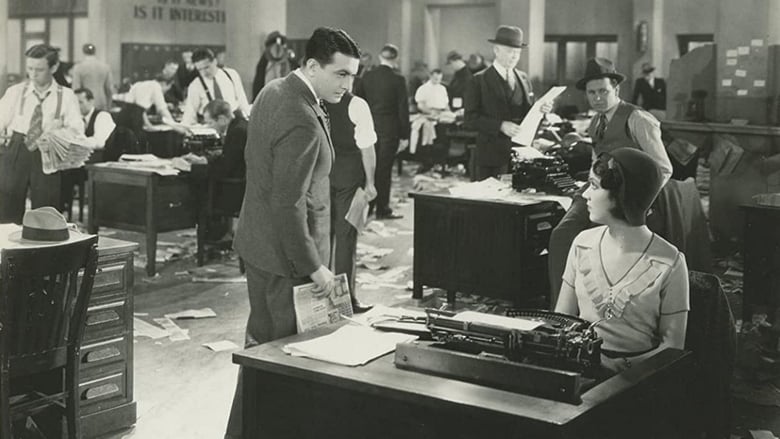
The Finger Points (1931)
Lee is a fresh young kid from the South when he gets a job with The Press. His first assignment on gangsters gets his name in the paper, the police on a raid and Lee in the hospital.
Watch Trailer
Cast


Similar titles
Reviews
It's funny watching the elements come together in this complicated scam. On one hand, the set-up isn't quite as complex as it seems, but there's an easy sense of fun in every exchange.
The film may be flawed, but its message is not.
It is an exhilarating, distressing, funny and profound film, with one of the more memorable film scores in years,
Very good movie overall, highly recommended. Most of the negative reviews don't have any merit and are all pollitically based. Give this movie a chance at least, and it might give you a different perspective.
"The Finger Points," from 1931, is an early Clark Gable film. In fact, that's why I earmarked it for my DV-R.There are very, very few actors from the early Hollywood years I don't like. I can probably count them on one hand. Richard Barthelmess is at the top. I'm being honest, I can't understand his appeal, I can't understand how anyone thinks he can act, I don't know how he decided to go into acting as a career.So I go into this with a prejudice. The story concerns a young reporter named Breckenridge Lee (Barthelmess) who comes highly recommended from Savannah and gets a job on The Press in a big city. Since there are so many gangsters around, it's probably Chicago.As a crusading reporter, Breck doesn't know how far to go, so he goes pretty far in upsetting the gangster population - and he is beaten for it. Loaded down with huge medical bills, such as $12 for anesthesia, that the paper refuses to pay, Breck decides to move over to the dark side. He takes money from the crime lord's payroll to keep stories from being reported, and the money is doled out by one Blanco (Gable). Breck becomes greedy and ups his price to the criminals.A woman interested in him at the paper (Fay Wray) becomes disillusioned when she realizes that Breck has a lot of money he definitely didn't earn at the paper. Other than Barthelmess, the acting is lively from Regis Toomey as another reporter on the paper, the lovely Wray, Robert Elliot as the city editor, and especially Clark Gable as Blanco. As was the style in those days, some of the acting is a little overdone by today's standards.Dimpled and virile, Gable does a great job as a tough guy. He could always play a good meanie, though he was cast less and less that way as his star ascended.The film seemed overly long at 1:25 - I attribute that to poor directing. This type of film needs to move.
This is another film I had to see in my unhealthy quest to see all of the available Fay Wray films out there. However, this film surprised me, as it was a pretty good story. It also has a young Clark Gable as a gangster in a scene stealing role that demonstrates his star power very early in his career. The plot has been covered in other reviews, so I'll keep my review short.The pluses: Fay looks great, Clark Gable is good, and the story is solid and interesting.The minuses: Richard Barthelmess is fine, but being from the south, he shouldn't have even tried the accent.Overall a fine film and definitely worth a viewing.
After talkies came in, Warner Brothers didn't really seem to know what to do with Richard Barthelmess, but he hung around in starring roles quite a bit longer than most of his silent counterparts - from 1929 to 1934.Normally Barthelmess played thoughtful guys put into tight circumstances, and this was probably supposed to be one of those roles, but it doesn't' quite come across right. Breckenridge Lee (Richard Barthelmess) starts out as a totally green and conscientious reporter up from a Savannah paper into a press room of the big city. When the editor announces a campaign against the mob, Lee is the only reporter that takes his assignment seriously. He even walks right up to a speakeasy and asks probing questions to the mobster in charge. Unable to be bribed he writes an expose on the place and it is thus raided by the police. The mob then beats him up one night in retaliation, badly enough that he needs hospitalization and his medical bills pile up. He is surprised when the city editor balks at helping him financially, as he denies that Lee's beating had anything to do with the paper at all and hints that Lee's injuries probably had something to do with him drinking and hanging around unsavory people after work.Now this is where things get a bit unrealistic. Lee instantly turns from green honest reporter to money hungry and corrupt. He figures if you can't beat them, join them. He takes money from the mob and in return agrees to keep the paper and thus the cops off of their backs. He justifies this by saying that the only way that the mob will ever pay is with money to him - but he's not exactly giving the loot away to charity.Fay Wray plays Lee's love interest as fellow reporter Marcia who at first suspects then knows the truth and loves him just the same. Regis Toomey plays a supporting role as someone who would like to win Marcia's heart but knows when he's beat. Robert Elliot is the gruff tough city editor who often played a cop in the early talkies. Of course, most notable here is Clark Gable, sitting in the palm of Jack Warner's hand, and not being recognized by him as a star in the making. Gable is impressive here as a spats-wearing charming sinner, the gangster who sees Lee as a useful idiot - for awhile anyways.
Socially-conscious Warners/First National delivered a corker of a newspaper melodrama in 1931, but this wasn't it: It was "Five Star Final." This fast-moving but muddled early talkie shares the crowded city desk with editors yelling "stop the presses!" and a cursory examination of the process of putting out a news daily. But here, the paper is genuinely excellent and socially responsible, not a muckraking tabloid. And the idealistic cub reporter (Barthelmess, who looks far too old to be a cub reporter) turns rotten awfully quickly, becoming a yes-man to a mobster (Gable in a typical early role, and effortlessly natural and likeable). It drains audience sympathy for our hero, and we don't see why his journalistically wise, sob-sister colleague (Wray, who looks too young to have Seen It All) would stick around with him, or take him back without his having really reformed. The motivations are confused throughout, and when our hero meets an unhappy fate, the movie seems to mourn him, but we don't. It's like a morality tale without a clear moral. Warners got better at its social realism quickly, and Barthelmess went from this comparative potboiler to the far more interesting "Cabin in the Cotton" -- again playing an idealistic sap, albeit one with more consistency.


